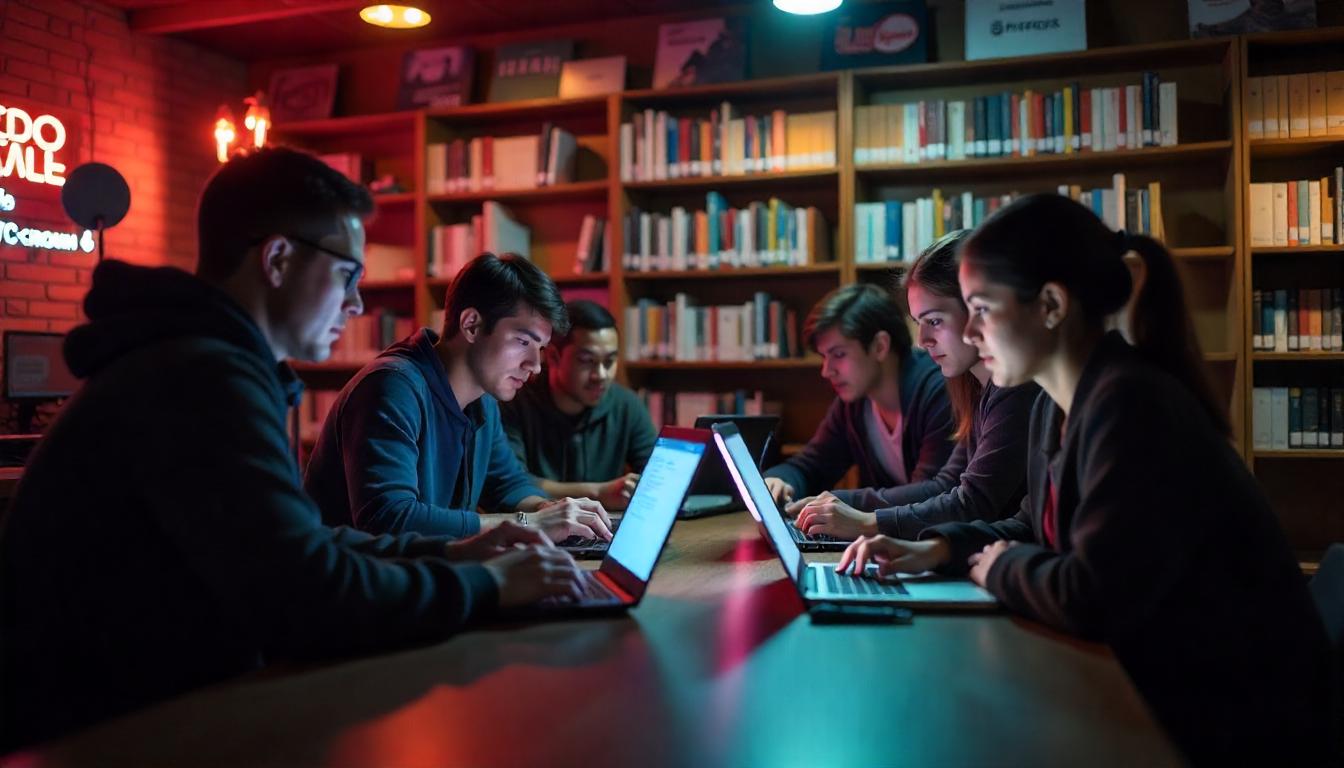From custom lightsaber duels in Skyrim to total conversion mods that reinvent Mount & Blade, the world of video games has always owed a quiet debt to its most passionate unsung heroes—its modding communities. These are the digital blacksmiths forging new experiences in the fires of imagination, expanding the boundaries of play long after developers ship the base game. But the cultural and creative influence of these communities goes far beyond bug fixes and bonus content; it’s a grassroots movement of artistry, innovation, and identity.
In this spotlight feature, we take a closer look at the modding collectives, solo creators, and platforms—like Game Mods Lyncconf—that are carving out the next chapter of gaming culture, one line of code at a time.
From Tweaks to Total Conversions: The Evolution of Modding
Modding didn’t start in corporate boardrooms or billion-dollar studios. It started with players. Players who asked “what if?” and didn’t wait for permission. Early modding scenes like Doom’s WAD files or Half-Life’s Counter-Strike laid the groundwork. What began as basic tweaks grew into genre-defining innovations. Today, entire games like Dota 2, PUBG, and DayZ trace their origins directly back to community-created mods.
But modding has matured since those early days. With powerful engines like Unity and Unreal freely accessible, modders are no longer just hobbyists—they’re architects of new worlds. Some mods, like Enderal (a full RPG overhaul of Skyrim) or Black Mesa (a fan remake of the original Half-Life), rival or even surpass their source material in scope, storytelling, and polish.
These creators are rewriting what it means to be part of the development process. They aren’t just extending the life of a game—they’re reimagining it.
The Creative Culture of Modding: Artistry Meets Engineering
At its core, modding is a hybrid art form. It’s where narrative writing, 3D modeling, audio engineering, programming, and level design converge. And for many creators, it’s their first step into the broader gaming industry.
Modders like the team behind The Forgotten City started with a Skyrim mod and ended up winning an Australian Writers’ Guild Award and launching a full standalone game on consoles and PC. Others, like the minds behind Dear Esther and The Stanley Parable, transformed experimental mods into critical darlings.
But even when projects remain within their parent games, they serve as both resume and revolution. Creators are building not just assets, but voices. Through mods, players can inject cultural identity, humor, politics, and personal narrative into gaming spaces that may have been neutral or exclusionary by default.
Whether it’s a Fallout: New Vegas mod that reintroduces indigenous characters and stories or a Sims 4 overhaul that corrects the game’s limited skin tone spectrum, modding is often a vehicle for cultural representation long before the mainstream catches up.
The Quiet Giants: Platforms Powering the Movement
Central to the health of the modding ecosystem are the platforms and communities that support discovery, curation, and visibility. While NexusMods and ModDB remain household names for seasoned players, lesser-known but highly focused platforms like Game Mods Lyncconf have carved out a vital niche.
Unlike broader repositories, Game Mods Lyncconf actively champions the underdog—surfacing hidden gems, profiling creators who fly under the radar, and spotlighting game genres that don’t always get mainstream love. For modders without a marketing team or massive Discord server, that kind of exposure can mean the difference between obscurity and opportunity.
The platform’s commitment to indexing high-quality, lesser-known mods across games like RimWorld, Stardew Valley, and Kenshi has made it a trusted compass for players and creators alike. It doesn’t just archive mods—it tells stories about the people behind them, contextualizes their creative choices, and helps frame modding as a legitimate pillar of game culture.
Community as Canvas: Where Players Become Co-Creators
Perhaps the most radical influence of modding is what it says about authorship. In traditional media, the creator defines the experience. In games, especially modded games, that boundary dissolves.
Modding empowers players to reshape the worlds they inhabit. Want to turn Cities: Skylines into a utopian eco-city sim? Add a few dozen green tech mods. Crave survival horror vibes in Minecraft? Install shaders, ambient sound packs, and aggressive AI behavior. The possibilities aren’t just endless—they’re democratic.
This participatory loop turns games into living platforms. The base game becomes a launchpad, not a limitation. Studios like Bethesda, Paradox, and Bohemia Interactive have embraced this paradigm, offering modding tools and support from the start.
It’s not just good PR—it’s good design.
Challenges on the Horizon: Copyright, Monetization, and Sustainability
Despite its vibrancy, the modding world faces growing pains. Copyright law, especially in an era of AI-generated content and user monetization, remains murky. When does a mod become a standalone product? Should modders be paid for their work—and if so, how?
Attempts like Bethesda’s Creation Club or Valve’s brief experiment with paid Skyrim mods have sparked controversy. Some creators worry about the commodification of community labor. Others see opportunity in patronage platforms, where fans directly fund ongoing mod projects.
Yet amidst these tensions, the core spirit of modding endures. It’s still about sharing, iterating, and imagining together. And as long as that culture thrives, so will the games.
The Future Is Player-Made
Gaming journalism often centers studios, publishers, and streamers. But it’s time to expand that spotlight. Modding communities are building universes, fixing what devs miss, and dreaming beyond the boundaries of the screen.
They are the cultural custodians of digital worlds.
So the next time you load up a modded save file, remember: someone did this out of love, curiosity, and a refusal to accept limits. And thanks to platforms like Game Mods Lyncconf, their work gets to live, grow, and inspire.
Here, the future of gaming isn’t just being played—it’s being remade.


